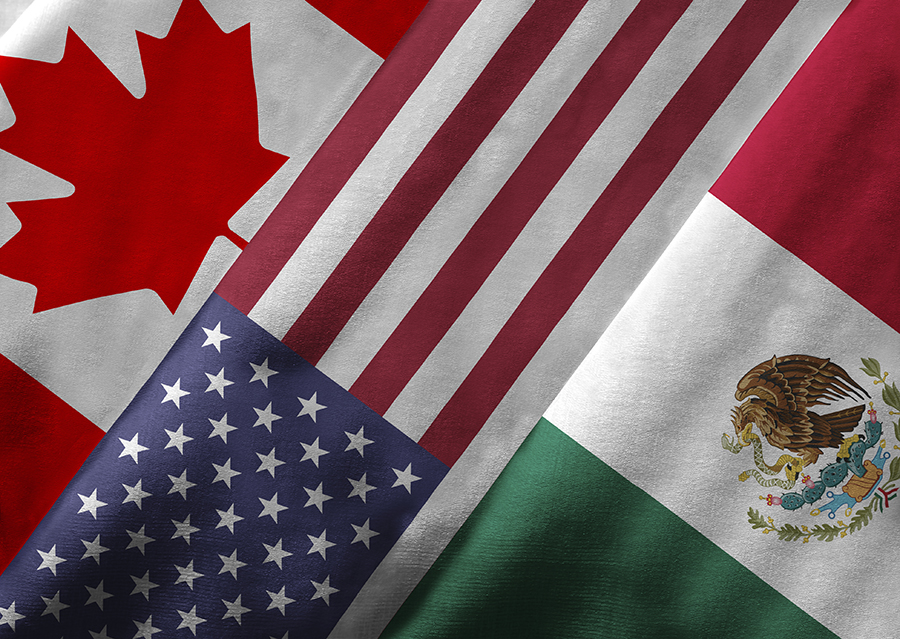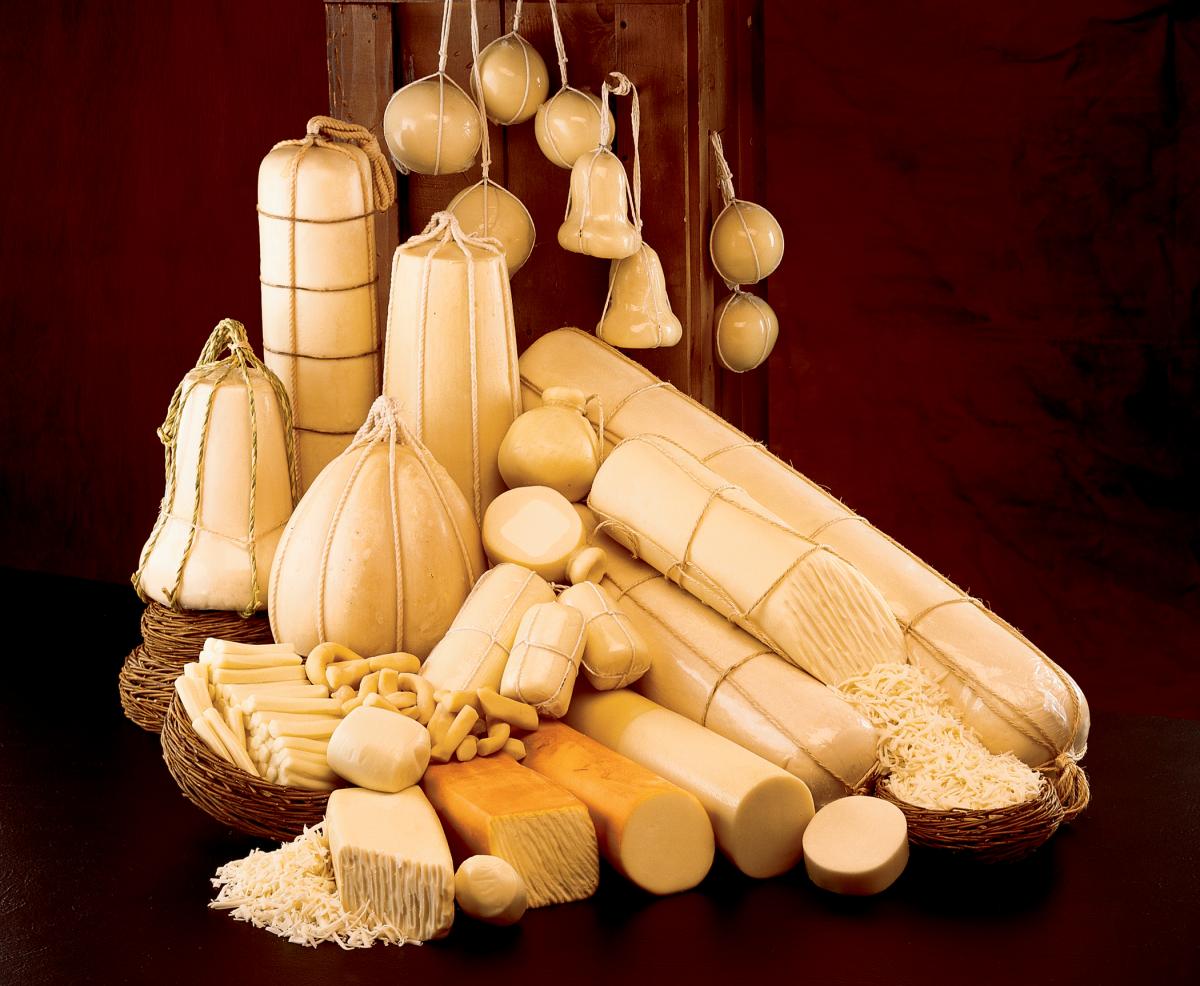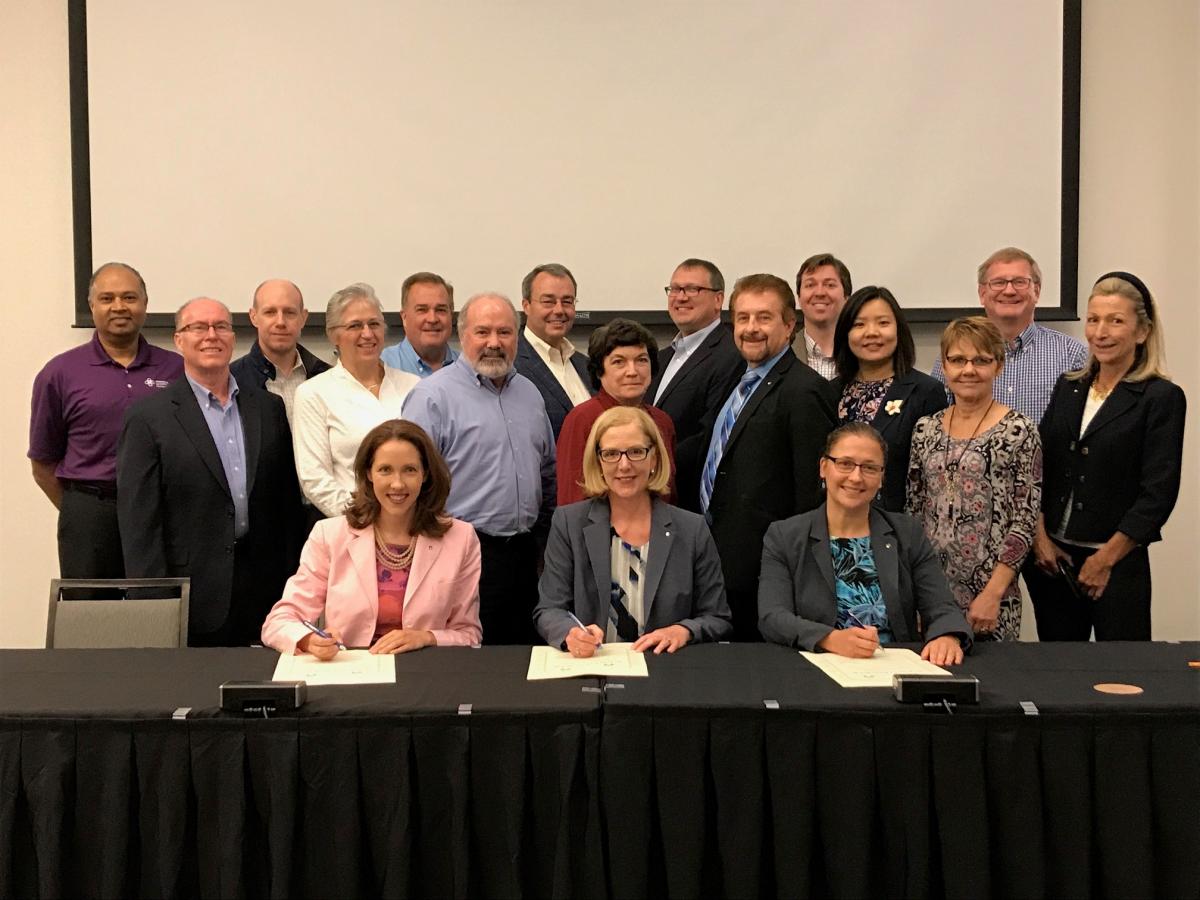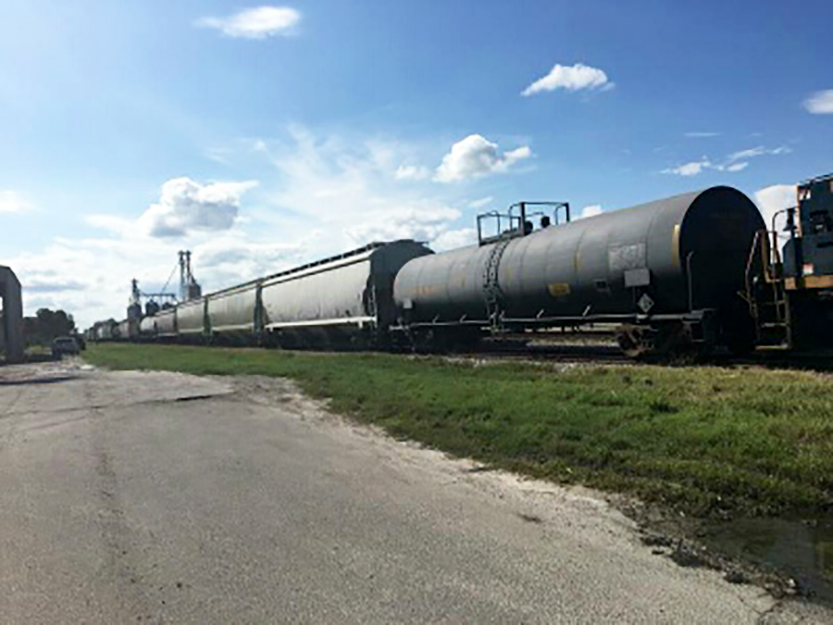 National Milk supports the U.S. government push to eliminate Canada’s exorbitant tariffs on dairy exports and rescind its damaging Class 7 milk pricing scheme – issues that were put on the table during the most recent round of negotiations between the United States, Mexico and Canada earlier this week in Washington, D.C.
National Milk supports the U.S. government push to eliminate Canada’s exorbitant tariffs on dairy exports and rescind its damaging Class 7 milk pricing scheme – issues that were put on the table during the most recent round of negotiations between the United States, Mexico and Canada earlier this week in Washington, D.C.
“The proposal advanced by the U.S. Trade Representative is the right approach to move dairy trade between our two countries closer to the free trade relationship that exists for most other agricultural products under NAFTA,” NMPF President and CEO Jim Mulhern said. “We are gratified that our trade negotiators have heard the concerns of America’s dairy farmers and cooperatives, and made dairy trade a key objective in the U.S.-NAFTA agenda.”
National Milk believes Canada’s exorbitant tariffs on dairy imports – in the range of 250-300 percent – have been at odds with an overall free trade policy environment that is enjoyed by most other sectors of the U.S. economy. In addition, Canada’s Class 7 policy is a government-sanctioned effort to dump Canada’s surplus milk solids onto the world market to the detriment of U.S. and international dairy farmers who must compete with these subsidized exports.
NMPF’s Board Officers also met with leaders from the Dairy Farmers of Canada earlier this month to impress upon them the importance of resolving these issues. In addition, NMPF, together with the International Dairy Foods Association, provided unified industry input on dairy’s NAFTA priorities to a House Agriculture Committee congressional delegation that visited Canada last week.
“The problems created by Canada’s dairy system must be resolved as part of the current negotiations. These policies include subsidized exports and non-tariff barriers, in addition to the large tariffs already in place,” said Mulhern. “We stand firmly behind the U.S. government’s proposal to establish the free flow of dairy products among the NAFTA countries, while immediately eliminating the class 7 export program.”
The next round of negotiations will take place in Mexico City in November, with plans to extend the talks into the new year.

 After mobilizing several weeks ago to discourage the Trump Administration from pulling out of the U.S.-South Korea (KORUS) free trade agreement, National Milk is now urging efforts to improve the trade pact as U.S.-South Korea negotiations over the agreement continue.
After mobilizing several weeks ago to discourage the Trump Administration from pulling out of the U.S.-South Korea (KORUS) free trade agreement, National Milk is now urging efforts to improve the trade pact as U.S.-South Korea negotiations over the agreement continue. Hundreds of dairy farmer leaders, cooperative executives, checkoff organizations and other industry stakeholders will gather in Anaheim, Calif., later this month to attend the 2017 Joint Annual Meeting, jointly held by NMPF, the United Dairy Industry Association and the National Dairy Board. The meeting, taking place October 30-November 1, will be held at the Disneyland Hotel.
Hundreds of dairy farmer leaders, cooperative executives, checkoff organizations and other industry stakeholders will gather in Anaheim, Calif., later this month to attend the 2017 Joint Annual Meeting, jointly held by NMPF, the United Dairy Industry Association and the National Dairy Board. The meeting, taking place October 30-November 1, will be held at the Disneyland Hotel. National Milk, as part of the Consortium for Common Food Names (CCFN), has continued battling this fall to preserve U.S. cheese exports in nations where the European Union (EU) is using geographical indications (GIs) in an effort to limit those opportunities.
National Milk, as part of the Consortium for Common Food Names (CCFN), has continued battling this fall to preserve U.S. cheese exports in nations where the European Union (EU) is using geographical indications (GIs) in an effort to limit those opportunities. NMPF, the International Dairy Foods Association (IDFA) and the International Dairy Federation (IDF) together endorsed the
NMPF, the International Dairy Foods Association (IDFA) and the International Dairy Federation (IDF) together endorsed the  Following the devastating arrival in the southeastern U.S. of Hurricane Irma last month, National Milk helped coordinate the delivery of 17 rail cars of grain, protein and commodity feed to dairy producers in Florida just a few days before farmers would have run out of feedstuffs for their herds.
Following the devastating arrival in the southeastern U.S. of Hurricane Irma last month, National Milk helped coordinate the delivery of 17 rail cars of grain, protein and commodity feed to dairy producers in Florida just a few days before farmers would have run out of feedstuffs for their herds. National Milk told the U.S. Environmental Protection Agency (EPA) last month that the dairy industry supports a two-step process to roll back the existing Waters of the U.S. (WOTUS) regulation and generate a new policy that provides farmers greater certainty in the future.
National Milk told the U.S. Environmental Protection Agency (EPA) last month that the dairy industry supports a two-step process to roll back the existing Waters of the U.S. (WOTUS) regulation and generate a new policy that provides farmers greater certainty in the future.



